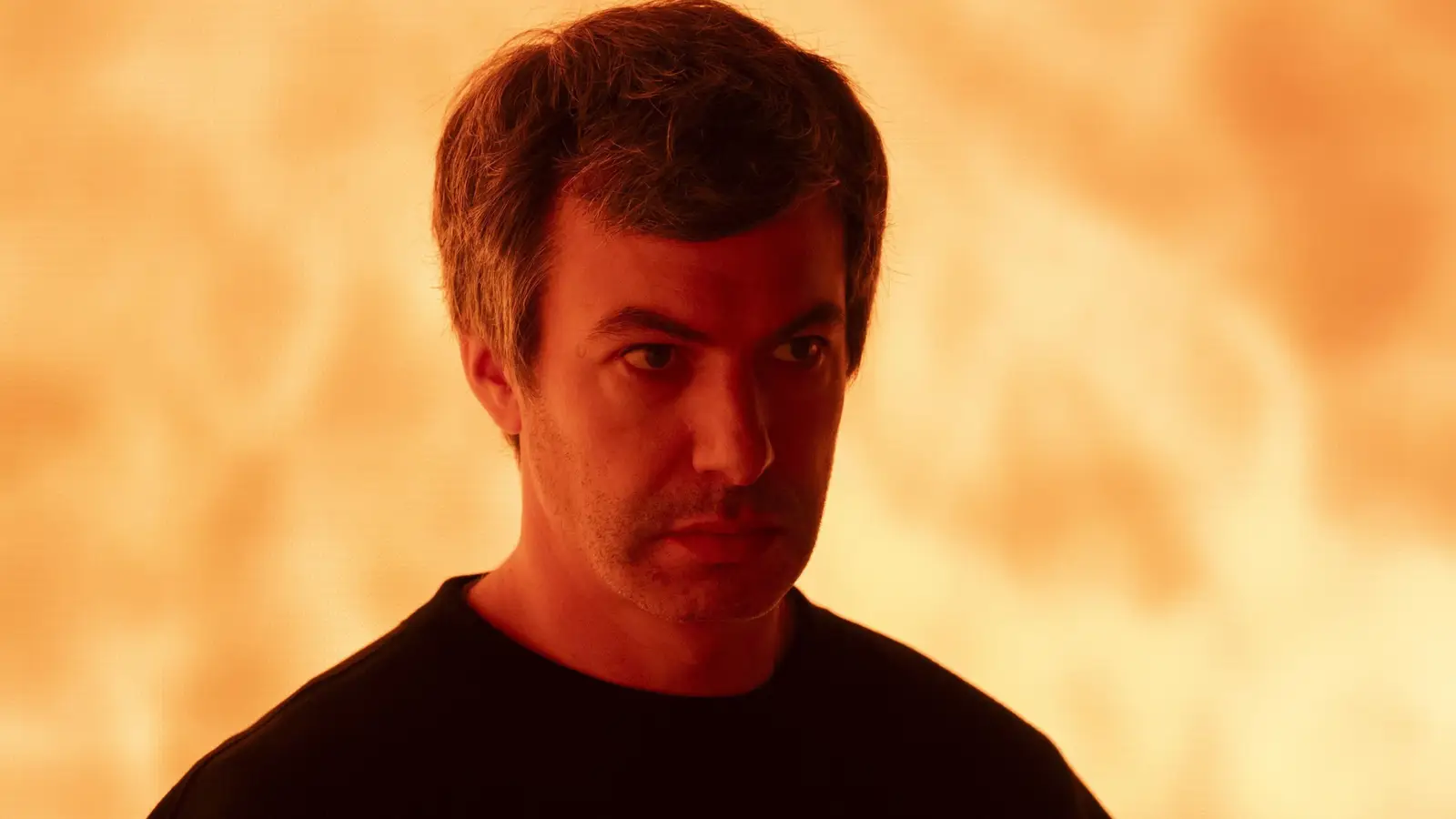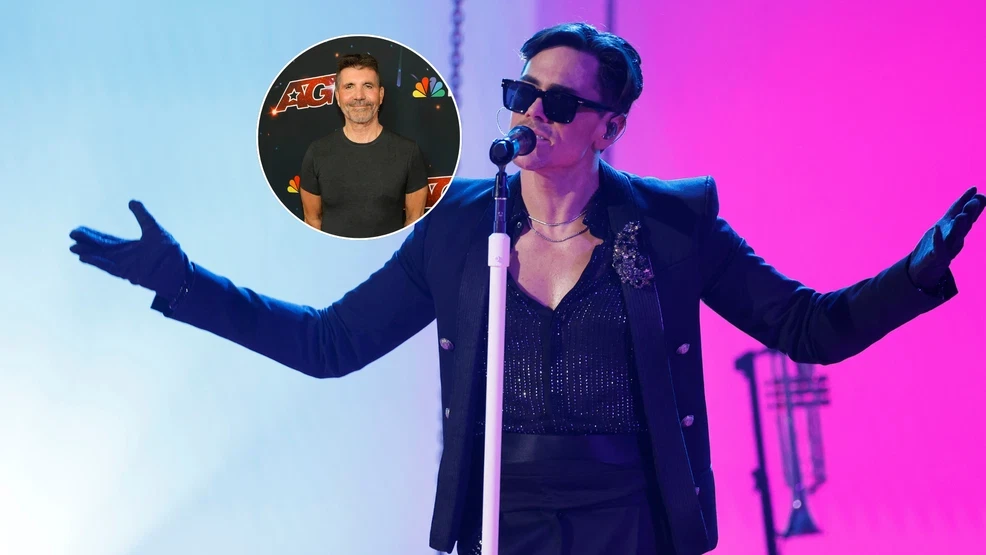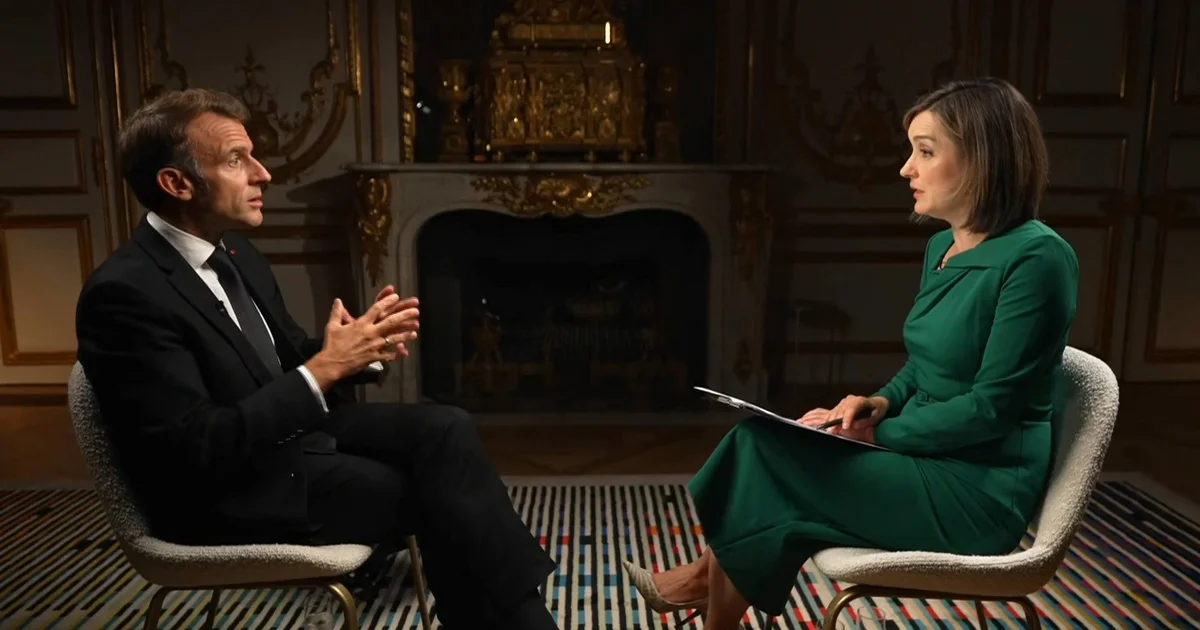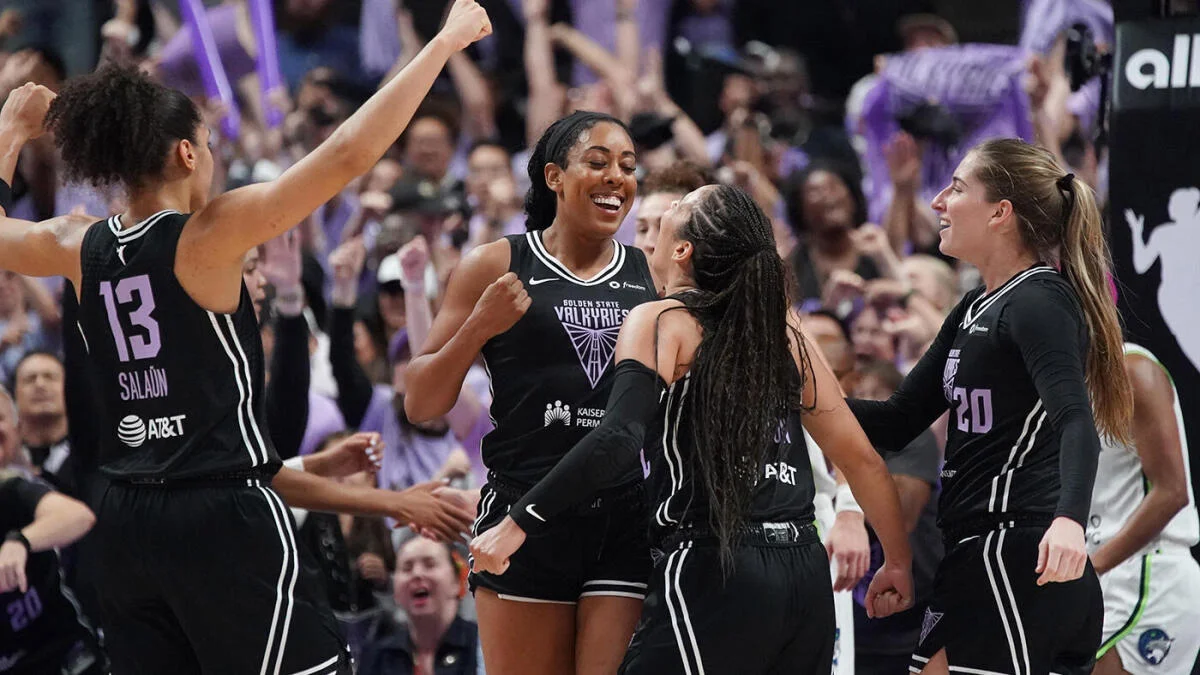
When a show is firing on all cylinders, it doesn’t take long for that fact to become clear, and HBO has built its reputation on creating television that announces its ambition right from the start. Whether with a cold open that shocks you, a tonal gamble that pays off instantly, or dialogue so sharp it slices through any lingering doubts, the best TV pilot episodes establish the emotional universe you’re stepping into.
Each of these masterpiece HBO shows laid their cards on the table within the opening stretch, letting you know what kind of story it would be and how deeply it could pull you in. For me, these openings were so assured, so distinct, and so alive that I knew, almost instantly, I was watching television history being made.
Barry (2018–2023)
We meet Barry Berkman, a Cleveland hitman, who receives orders from his handler Fuches to carry out a contract in Los Angeles. His target is Ryan Madison, a personal trainer sleeping with mob boss Goran Pazar’s wife. Barry accepts, travels west, and follows Ryan to an acting class, only to get swept into an environment that is absurdly foreign to him.
The awkward overlap between assassination logistics and amateur scene work is bizarre, funny, and a little sad. When Barry stumbles into performing, the disconnect between his violent life and the possibility of something gentler is glaring. In those early minutes, it’s clear that Barry is a perfect Dexter successor about yearning and the absurd gap between who we are and who we want to be.
The Rehearsal (2022–Present)
Nathan Fielder wastes no time immersing us in the absurd. The pilot introduces Kor Skeet, a trivia enthusiast who has lied to his friends for over a decade about holding a master’s degree. Kor insists he’s a bibliophile, only for Nathan to pull a copy of How to Make Love All Night and Drive Women Wild off his shelf. But the true reveal comes when Nathan unveils a perfect reconstruction of Kor’s apartment.
Within minutes, The Rehearsal is a refinement of Nathan For You’s best episodes, with Fielder’s iconic socially awkward demeanor, the surreal logistics of rebuilding entire environments, and the self-serious language of “rehearsing” real life all coalescing into something breathtakingly strange. It’s performance art about controlling the impossibility of truly preparing for human messiness.
Peacemaker (2022–Present)
After a recap of The Suicide Squad, Christopher Smith wakes up in a hospital, battered but alive. A janitor questions him about his nonsensical “peace through killing” mantra, pointing out its logical collapse. Peacemaker shrugs off the contradictions, limps through the hospital hallways, and tries to convince himself he’s fine.
And then, out of nowhere, the Peacemaker opening credits hit: a choreographed hair-metal dance number to Wig Wam’s “Do Ya Wanna Taste It” that’s deliberately stiff, surreal, and unlike anything on television.
That abrupt tonal lurch is the show in microcosm. One second it’s violent comic-book action and the next it’s absurdist camp. In those opening minutes, you see James Gunn’s intent: to strip down the macho bluster of superhero storytelling and rebuild it with sincerity and silliness intertwined.
Chernobyl (2019)
Chernobyl begins not with the disaster itself, but with a man alone in Moscow. Valery Legasov quietly records cassette tapes detailing what really happened at Chernobyl. He hides the evidence, feeds his cat, and sits in silence, resigned. Then, in the most chillingly calm act possible, he hangs himself in his apartment. All of this unfolds before the words “Chernobyl” even appear onscreen.
By choosing to open in the aftermath, the Chernobyl establishes that it’s about truth, secrecy, and the unbearable cost of silence. Those first 10 minutes completely unnerve, and you realize instantly that this story will be told with forensic detail, making the eventual disaster all the more horrifying.
Six Feet Under (2001–2005)
Few openings are as jarring as Six Feet Under’s, which begins with a glossy, almost parodic ad for a new “sleep hearse,” the perfect commercial satire of American funeral culture. Then, Nathaniel Fisher Sr.—patriarch of the family business—dies in a freak accident, struck by a bus during the Christmas holiday.
That clash tells you what kind of show this will be: one of the best shows of all time that’s unafraid of gallows humor, equally willing to mock death rituals and mine them for profound emotion. In less than 10 minutes, you’ve laughed, gasped, and felt the existential chill that defined the series.
Succession (2018–2023)
Logan Roy wakes in the night, confused, and urinates on his own carpet. Roman, meanwhile, is in a limo blasting rap on his headphones, detached from responsibility. Later, Roman bungles a meeting with the digital startup Vaulter, treating the entire deal like a joke. When he reports back, Logan is unimpressed, setting a tone of dysfunction, disappointment, and simmering power plays.
The first 10 minutes encapsulate everything Succession is about: the fragility of Logan’s empire, the unserious arrogance of his children, and the gap between perception and competence. From the start, the series plays like a corporate tragedy crossed with dark comedy, and you can feel the inevitability of collapse in every choice the family makes.
The Righteous Gemstones (2019–2025)
In The Righteous Gemstones’ first 10 minutes, the Gemstone family oversees a mass baptism in China, which devolves into disaster. Back home, we’re introduced to their sprawling estate, an empire of excess and religious branding, and that night, Jesse tucks his son in, only for the boy to insult him with a homophobic slur.
Those early minutes make clear that this is a biting satire of evangelical empires. The gaudy wealth, the dysfunctional family dynamics, and the thin veneer of piety all collide instantly. It’s loud, it’s uncomfortable, and it’s deeply funny, establishing that The Righteous Gemstones’ best episodes also interrogate the rot inside the Gemstone dynasty.
The Leftovers (2014–2017)
At a laundromat, a mother straps her baby into a car seat while juggling a phone call, and in a blink, the child disappears. Across the street, another child screams for his father—also gone. Cars collide, people panic, and the camera lingers on confusion rather than explanation. Max Richter’s mournful score swells as we realize this is happening everywhere, to everyone.
The Leftovers’ opening is designed to wound the audience, and by grounding the “Sudden Departure” in mundane settings—a parking lot, a laundromat—it humanizes an event of biblical scale. Within 10 minutes, the series rejects itself as a mystery-box puzzle, instead embracing an exploration of grief, absence, and survival.
The Sopranos (1999–2007)
The Sopranos pilot begins in Dr. Melfi’s office, with Tony Soprano reluctantly beginning therapy after panic attacks. The family is introduced in brisk strokes, their domesticity juxtaposed with Tony’s mob work. He tenderly watches ducks in his backyard pool, then later assists a savage assault against a man who owes him money.
Those juxtapositions defined the series from the start. Within minutes, it becomes clear this isn’t just a mob story. It’s about a man split between brutality and tenderness, suburban fatherhood and organized crime. The ducks and the beating are two sides of the same coin, and in that collision lies the genius of the best crime drama of all time.
Curb Your Enthusiasm (2000–2024)
Larry David’s world begins on the couch. Sitting beside Cheryl, he complains about the way his pants are bunched, which makes it look like he’s pitching a “tent.” The conversation is mundane, embarrassing, and oddly specific, exactly the kind of triviality that will spiral into conflict. His awkwardness bleeds into every interaction, whether with Cheryl or friends.
The first 10 minutes in Curb Your Enthusiasm’s “The Pants Tent” immediately establish it as one of the funniest shows ever.
There are no high concepts and no elaborate setups, just Larry’s neuroses colliding with everyday life. The comedy comes from discomfort, misunderstanding, and the inability to let things go. From that opening scene, you know you’re watching a series that thrives on turning the smallest hiccup into an absolute disaster.



